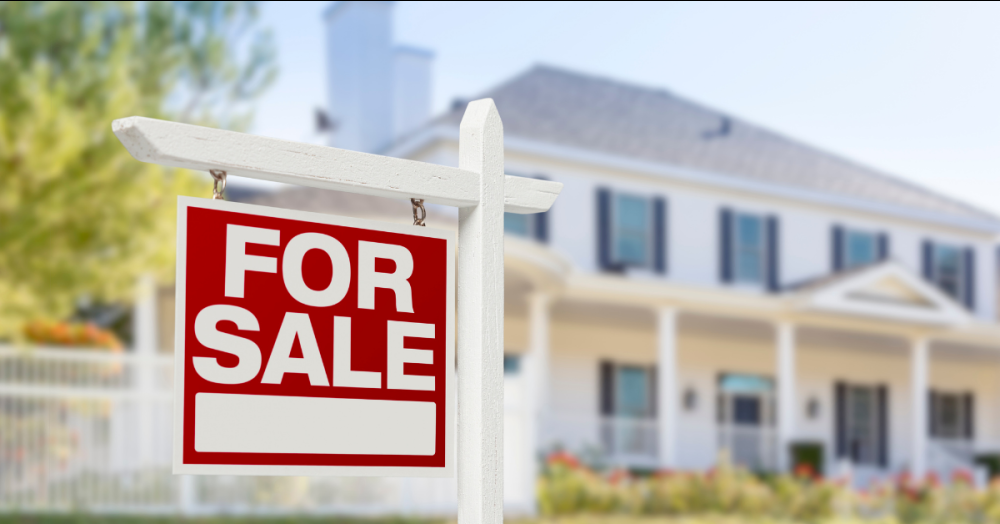Deciding whether to rent or buy a home is a significant choice that can have a long-lasting impact on your financial stability and overall lifestyle.
It's a decision that requires careful consideration and evaluation of your personal circumstances and goals. In this blog post, we will explore the pros and cons of renting and buying, helping you make an informed decision that aligns with your lifestyle.
Renting a Home
Renting offers flexibility and freedom that may be appealing to those who prefer a less permanent commitment. Here are some advantages of renting:
Flexibility: Renting provides the flexibility to move more easily, especially for individuals who have career or lifestyle changes. If you anticipate a job relocation or desire the ability to explore different areas, renting can be a suitable option.
Lower upfront costs: Renting typically requires a smaller upfront cost compared to buying a property. You may only need to provide a security deposit and the first month's rent, making it more accessible for those with limited savings.
Limited responsibilities: As a renter, you are not responsible for property maintenance and repairs. The landlord or property management company is responsible for addressing any issues that arise, saving you time and money.
Despite its advantages, renting also has some drawbacks that you should consider:
Lack of equity: Renting means that you won't be building equity in a property. The monthly rent payments are essentially paying for someone else's investment, and you won't benefit from potential property value appreciation.
Limited control: Renting restricts your ability to make significant changes or customizations to the property. You may need to seek permission from the landlord for modifications or renovations, limiting your ability to create a home that perfectly suits your preferences.
Buying a Home
Buying a home offers stability and potential long-term financial benefits. Here are some advantages of buying:
Building equity: When you buy a property, you have the opportunity to build equity over time. As you make mortgage payments, you are investing in an asset that can potentially appreciate in value. This can provide financial security and the potential for future returns.
Creative freedom: Owning a home gives you the freedom to personalize and modify the property according to your preferences. You can create the perfect living space that suits your lifestyle and needs without seeking permission from a landlord.
Potential tax benefits: Homeownership often comes with tax advantages, such as deducting mortgage interest and property taxes. These benefits can help reduce your overall tax liability and increase your savings.
However, buying a home also has some considerations:
Financial commitment: Purchasing a property requires a significant financial commitment, including the down payment, mortgage payments, property taxes, insurance, and maintenance costs. It's important to ensure that you have a stable income and are financially prepared for the responsibilities of homeownership.
Reduced flexibility: Buying a home ties you to a specific location and can limit your ability to move easily. If you value flexibility and the ability to explore different areas, renting may be a more suitable option.
Ultimately, the decision between renting and buying depends on your individual circumstances, financial goals, and lifestyle preferences. It's essential to evaluate factors such as your long-term plans, financial stability, and personal preferences before making a decision.
In conclusion, renting and buying each have their advantages and disadvantages. By carefully considering your needs and goals, you can make an informed decision that aligns with your lifestyle. Whether you choose to rent or buy, it's crucial to work with reputable real estate professionals who can guide you through the process and help you find the best option for your situation.
Remember, M&P Estates is here to support you in your decision-making process. Contact our team today for expert advice and assistance in finding

